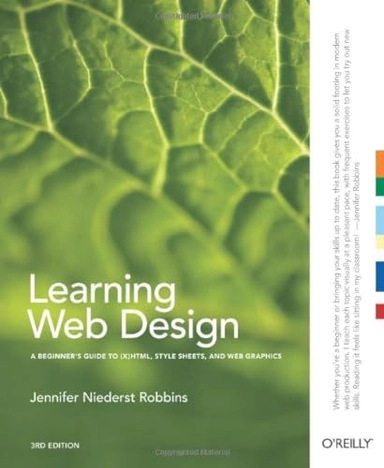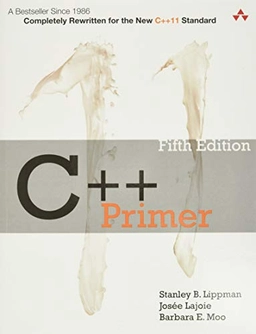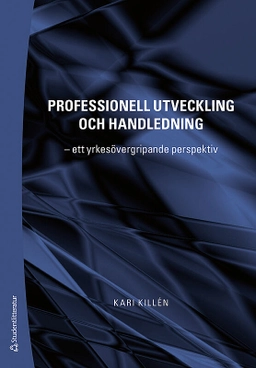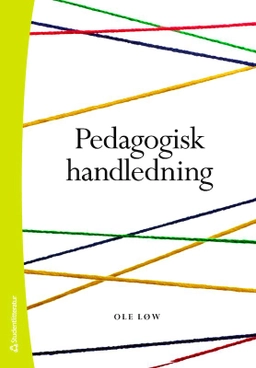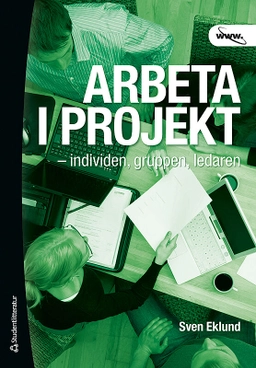Since the last edition of this book appeared three years ago, there has been a major climate change with regard to web standards. Designers are no longer using (X)HTML as a design tool, but as a means of defining the meaning and structure of content. Cascading Style Sheets are no longer just something interesting to tinker with, but rather a reliable method for handling all matters of presentation, from fonts and colors to the layout of the entire page. In fact, following the standards is now a mandate of professional web design. In this update to the popular book, Learning Web Design, author Jennifer Niederst Robbins shares the knowledge she's gained from years of web design experience, both as a designer and a teacher. This book starts from the beginning -- defining the basic components of how the Internet works and what comprises web sites - and builds from there. After reading this book, you'll have a solid foundation in HTML, CSS, graphics, and design principles that you can immediately put to use in creating effective web pages. In the third edition, Jennifer has updated the book to cover CSS, rich media applications, web standards, and much more. She has also added exercises that help you to learn various techniques and short quizzes that make sure you're up to speed with key concepts. The companion CD-ROM contains material for all the exercises in the book, as well as trial versions of popular software for graphics creation and editing, web-page and web-site creation, and audio- and video- integration. Unlike other beginner books, Learning Web Design leaves no holes in your education. It gives you everything you need to create basic web sites and will prepare you for moreadvanced web work. If you are interested in web design, this book is the place to start. After finishing it, you'll be ready for the author's bestselling companion reference, Web Design in a Nutshell. (Bookdata)
Åtkomstkoder och digitalt tilläggsmaterial garanteras inte med begagnade böcker
